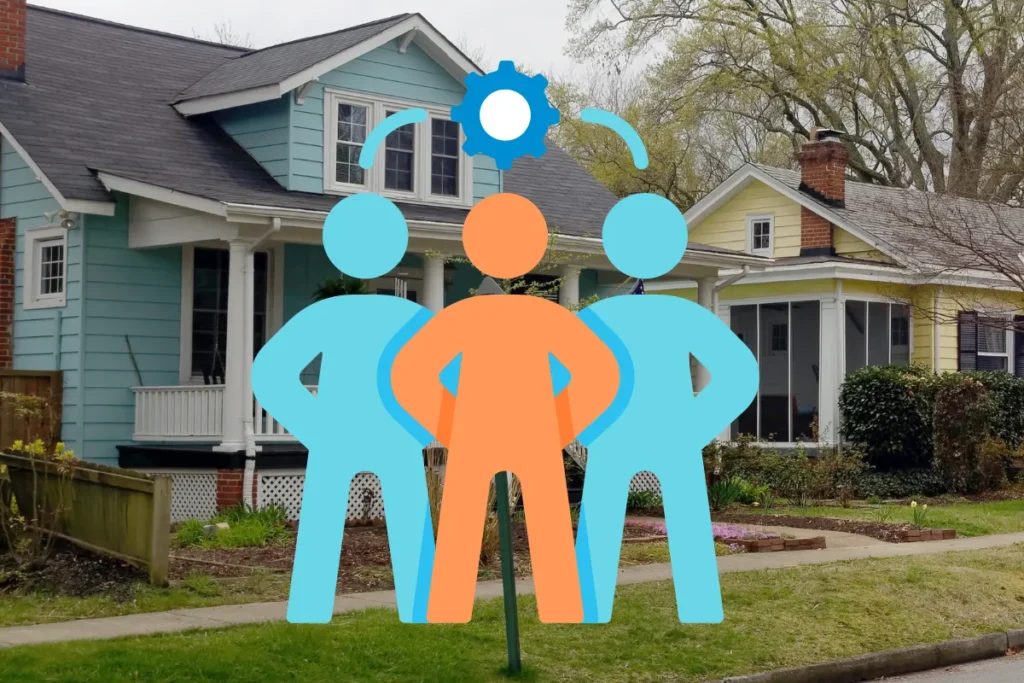The COVID-19 pandemic is exposing a myriad of weaknesses in our world’s economic, political, and social systems. Millions of people will be impacted worldwide, and the virus has already driven a major collapse on Wall Street. Times are going to be very tough for people across the U.S., across Minnesota–and especially in rural communities.
During the next several months, people are going to experience severe economic hardship. Businesses will close to halt the spread of the virus. Many people are going to be out of work. Considering that even in good times, 40% of the U.S. population cannot afford a $400 emergency, a crisis to this scale will leave lives in ruin and communities in tatters. As people’s finances deteriorate, the spread of the virus will quicken.
Across the globe, we have seen businesses and institutions respond boldly to this crisis. In Minnesota, our rural electric cooperatives need to act with the same speed and concern. Core to co-ops’ mission is Concern for Community, a founding cooperative principle. Co-ops are part of what binds rural America together. They don’t just provide electricity; they connect and serve rural people. In the face of the COVID-19 pandemic, co-ops must step up to defend the well-being of their member-owners and aid people in rural communities.
All electric cooperatives across Minnesota and the country should immediately put an indefinite end to late fees and electric disconnections. This action is a minimum first step towards protecting people from the dangers posed by the loss of essential electricity service due to loss of income.
Additionally, electric cooperatives should not stop at the bare minimum. The pandemic-generated economic crisis is a critical juncture that needs a serious response. Electric co-ops have considerable political power they should use to influence COVID response legislation, especially to include funding to cover utility bills. This funding would help alleviate some of the financial stress on people across the country. Electric co-op members will need utility bill assistance.
Rural electric cooperatives need to change to help their most vulnerable member-owners and use their borrowing power and considerable cash reserves to help individuals and communities most under threat. These funds could be distributed in the form of general emergency assistance, easy access loans for furnaces, air conditioners, and appliance replacement, targeted help for farmers, emergency financial assistance to rural hospitals, and other immediate community needs.
In times of crisis, we count on our most trusted institutions to lead the response and recovery. We need our rural electric co-ops to be bold leaders now more than ever. The future of our communities depends on it.


